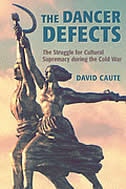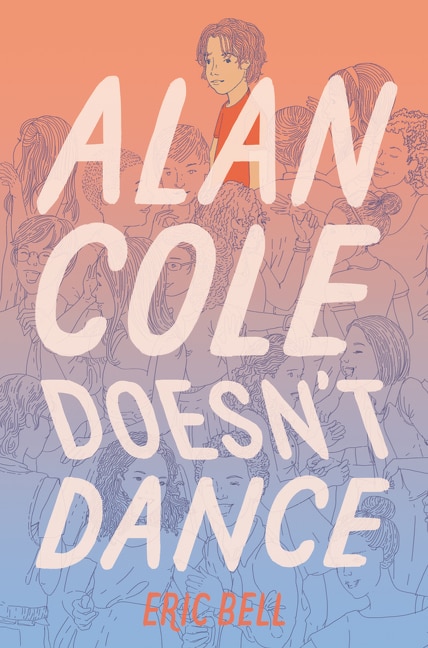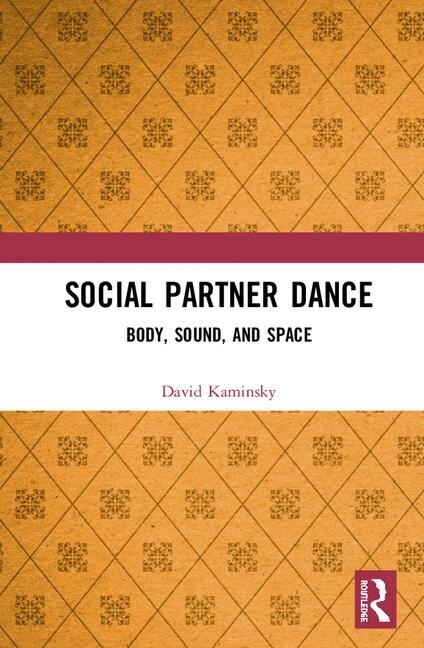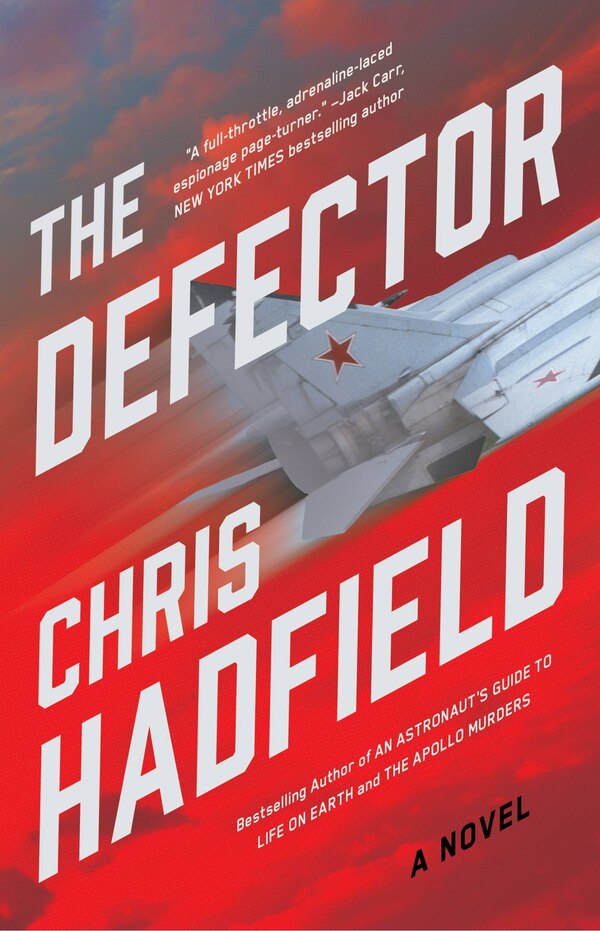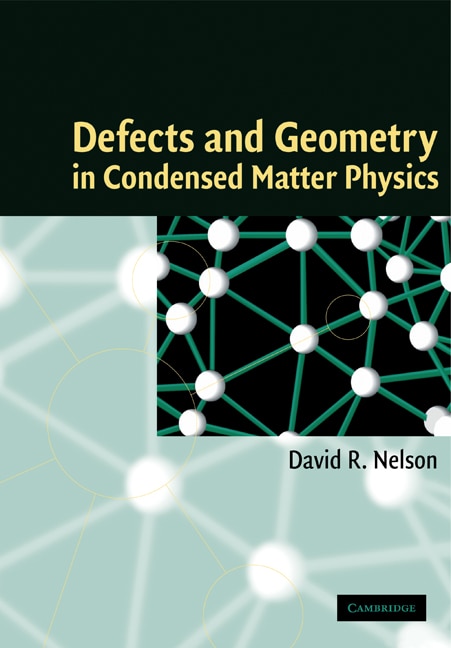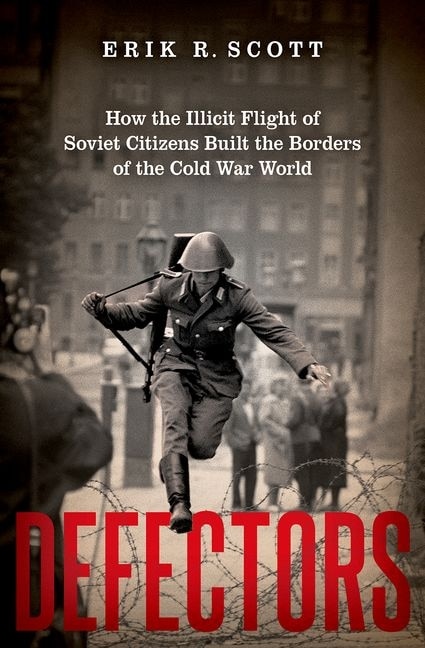Home
The Dancer Defects by David Caute, Hardcover | Indigo Chapters
Coles
Loading Inventory...
The Dancer Defects by David Caute, Hardcover | Indigo Chapters in Brampton, ON
From David Caute
Current price: $217.00
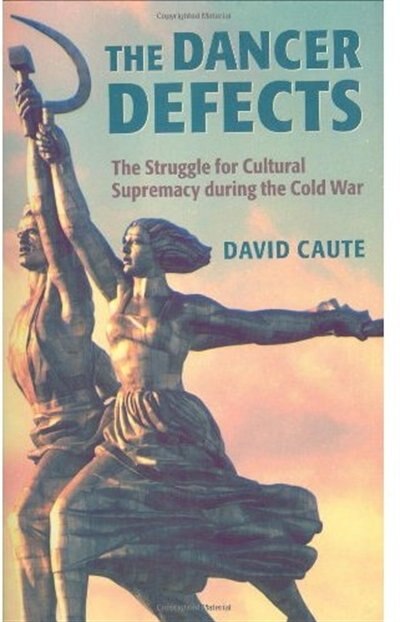
Coles
The Dancer Defects by David Caute, Hardcover | Indigo Chapters in Brampton, ON
From David Caute
Current price: $217.00
Loading Inventory...
Size: 4.51 x 23.4 x 1300
*Product information may vary - to confirm product availability, pricing, and additional information please contact Coles
The cultural Cold War between the Soviet Union and the West was without precedent. At the outset of this original and wide-ranging historical survey, David Caute establishes the nature of the extraordinary cultural competition set up post-1945 between Moscow, New York, London and Paris, withthe most intimate frontier war staged in the city of Berlin. Using sources in four languages, the author of The Fellow-Travellers and The Great Fear explores the cultural Cold War as it rapidly penetrated theatre, film, classical music, popular music, ballet, painting and sculpture, as well aspropaganda by exhibition. Major figures central to Cold War conflict in the theatre include Brecht, Miller, Sartre, Camus, Havel, Ionesco, Stoppard and Konstantin Simonov, whose inflammatory play, The Russian Question, occupies a chapter of its own based on original archival research. Leading film directors involvedincluded Eisenstein, Romm, Chiarueli, Aleksandrov, Kazan, Tarkovsky and Wajda. In the field of music, the Soviet Union in the Zhdanov era vigorously condemned 'modernism', 'formalism', and the avant-garde. A chapter is devoted to the intriguing case of Dmitri Shostakovich, and the disputed authenticity of his 'autobiography' Testimony. Meanwhile in the West the Congress forCultural Freedom was sponsoring the modernist composers most vehemently condemned by Soviet music critics; Stravinsky, Schoenberg, Hindemith among them. Despite constant attempts at repression, the Soviet Party was unable to check the appeal of jazz on the Voice of America, then rock music, toyoung Russians. Visits to the West by the Bolshoi and Kirov ballet companines, the pride of the USSR, were fraught with threats of cancellation and the danger of defection. Considering the case of Rudolf Nureyev, Caute pours cold water on overheated speculations about KGB plots to injure him and other defectingdancers. Turning to painting, where socialist realism prevailed in Russia, and the impressionist heritage was condemned, Caute explores the paradox of Picasso's membership of the French Communist Party. Re-assessing the extent of covert CIA patronage of abstract expressionism (Pollock, De Kooning), Cautefinds that the CIA's role has been much exaggerated, likewise the dominance of the New York School. Caute challenges some recent, one-dimensional, American accounts of 'Cold War culture', which ignore not only the Soviet performance but virtually any cultural activity outside the USA. The West presented its cultural avant-garde as evidence of liberty, even through monochrome canvases anddodecaphonic music appealed only to a minority audience. Soviet artistic standards and teaching levels were exceptionally high, but the fear of freedom and innovation virtually guaranteed the moral defeat which accelerated the collapse of the Soviet Union. | The Dancer Defects by David Caute, Hardcover | Indigo Chapters
The cultural Cold War between the Soviet Union and the West was without precedent. At the outset of this original and wide-ranging historical survey, David Caute establishes the nature of the extraordinary cultural competition set up post-1945 between Moscow, New York, London and Paris, withthe most intimate frontier war staged in the city of Berlin. Using sources in four languages, the author of The Fellow-Travellers and The Great Fear explores the cultural Cold War as it rapidly penetrated theatre, film, classical music, popular music, ballet, painting and sculpture, as well aspropaganda by exhibition. Major figures central to Cold War conflict in the theatre include Brecht, Miller, Sartre, Camus, Havel, Ionesco, Stoppard and Konstantin Simonov, whose inflammatory play, The Russian Question, occupies a chapter of its own based on original archival research. Leading film directors involvedincluded Eisenstein, Romm, Chiarueli, Aleksandrov, Kazan, Tarkovsky and Wajda. In the field of music, the Soviet Union in the Zhdanov era vigorously condemned 'modernism', 'formalism', and the avant-garde. A chapter is devoted to the intriguing case of Dmitri Shostakovich, and the disputed authenticity of his 'autobiography' Testimony. Meanwhile in the West the Congress forCultural Freedom was sponsoring the modernist composers most vehemently condemned by Soviet music critics; Stravinsky, Schoenberg, Hindemith among them. Despite constant attempts at repression, the Soviet Party was unable to check the appeal of jazz on the Voice of America, then rock music, toyoung Russians. Visits to the West by the Bolshoi and Kirov ballet companines, the pride of the USSR, were fraught with threats of cancellation and the danger of defection. Considering the case of Rudolf Nureyev, Caute pours cold water on overheated speculations about KGB plots to injure him and other defectingdancers. Turning to painting, where socialist realism prevailed in Russia, and the impressionist heritage was condemned, Caute explores the paradox of Picasso's membership of the French Communist Party. Re-assessing the extent of covert CIA patronage of abstract expressionism (Pollock, De Kooning), Cautefinds that the CIA's role has been much exaggerated, likewise the dominance of the New York School. Caute challenges some recent, one-dimensional, American accounts of 'Cold War culture', which ignore not only the Soviet performance but virtually any cultural activity outside the USA. The West presented its cultural avant-garde as evidence of liberty, even through monochrome canvases anddodecaphonic music appealed only to a minority audience. Soviet artistic standards and teaching levels were exceptionally high, but the fear of freedom and innovation virtually guaranteed the moral defeat which accelerated the collapse of the Soviet Union. | The Dancer Defects by David Caute, Hardcover | Indigo Chapters



